Trigger Warning: This article discusses sexism in the classroom and mentions abuse and violence against women.
Perpetuating harmful stereotypes about women through derogatory jokes and comments is not acceptable, as it contributes to gender inequality, sexism, discrimination, harassment, and violence against women. These stereotypes are not based on any factual evidence but are a product of a patriarchal society that seeks to control and subjugate women. Demeaning stereotypes, such as women being infidel or treacherous, gold-diggers, or manipulative, limit women’s autonomy and reinforce gender roles that perpetuate inequality.
Such harmful speech, particularly when it comes from influential figures like teachers, can create a hostile and unsafe environment for women, making them feel unwelcome and unsafe in the classroom, leading to a lack of participation, engagement, and a sense of low self-worth and confidence. Hate speech is considered a criminal offence under the Indian Constitution, and teachers or other public figures who make derogatory comments or jokes about women may be held accountable under the law.
Teachers must understand the impact of their words and actions on their students and society, and strive to create an inclusive and respectful environment in the classroom that promotes gender equality and challenges harmful stereotypes. By doing so, they can play a crucial role in breaking down the culture of sexism and abuse against women in society.
Teachers must understand the impact of their words and actions on their students and society, and strive to create an inclusive and respectful environment in the classroom that promotes gender equality and challenges harmful stereotypes. By doing so, they can play a crucial role in breaking down the culture of sexism and abuse against women in society. It is crucial to challenge these stereotypes and work towards creating a society that values and respects women for who they are, rather than perpetuating harmful myths and stereotypes.
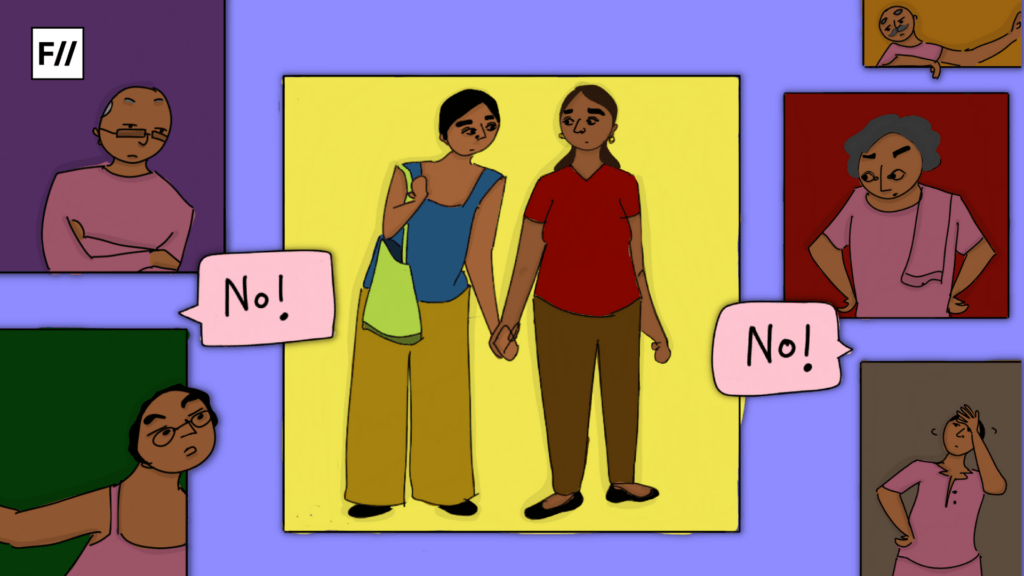
Sexism is a discriminatory problem rooted in cultural, social, and economic factors that target women. Historically, patriarchal societies reinforced the belief that women are inferior to men, and this continues to be perpetuated by the media, workplace culture, and societal norms. Sexism has far-reaching consequences, including mental health issues and perpetuating gender inequality.
To combat sexism, awareness needs to be raised, and gender equality should be promoted at all levels of society. Workplace policies need to eliminate gender-based discrimination, and women should be encouraged to take leadership roles. Challenging sexist attitudes and behaviour is crucial, including speaking out against sexist jokes and comments. A concerted effort from individuals, communities, and government is necessary to create a just and equitable society for all.
Sexist language reinforces harmful stereotypes about women, creates a hostile environment, and contributes to the marginalisation of marginalised communities. It also normalises abuse against women, perpetuates violence, and negatively affects women’s mental health. Challenging and confronting sexist behaviour is essential for creating a more just and equitable society.
Sexist language reinforces harmful stereotypes about women, creates a hostile environment, and contributes to the marginalisation of marginalised communities. It also normalises abuse against women, perpetuates violence, and negatively affects women’s mental health. Challenging and confronting sexist behaviour is essential for creating a more just and equitable society.

Sexism is a widespread issue that plagues societies around the world. Discriminatory attitudes, behaviour, and language are all forms of sexism that harm women and perpetuate harmful stereotypes. Social media platforms have witnessed a surge in sexist jokes and comments, making the situation even worse. This article delves into the case of Khan Sir, a popular teacher in India who has been accused of using sexist language in his videos and teaching materials. We will explore the history, reasons, psychology, impact, problem, and potential solutions to this issue.
Gender discrimination and sexism have been prevalent in India for centuries. Women have been historically positioned as inferior to men in patriarchal social structures. As a result, women face exclusion and marginalisation from several aspects of life, such as education, healthcare, employment, and politics. Domestic violence, sexual harassment, and other forms of abuse are common, and women’s voices are frequently silenced.
Gender discrimination and sexism have been prevalent in India for centuries. Women have been historically positioned as inferior to men in patriarchal social structures. As a result, women face exclusion and marginalisation from several aspects of life, such as education, healthcare, employment, and politics. Domestic violence, sexual harassment, and other forms of abuse are common, and women’s voices are frequently silenced.
There are several reasons why sexism continues to persist in India and other parts of the world. These include cultural norms and values that prioritize men over women, a lack of political will to address the issue, and inadequate legal frameworks to protect women’s rights. Moreover, many people, including teachers like Khan Sir, hold deep-seated sexist attitudes that are challenging to change. These attitudes are reinforced by media portrayals of women that emphasise their physical appearance and reinforce gender stereotypes.
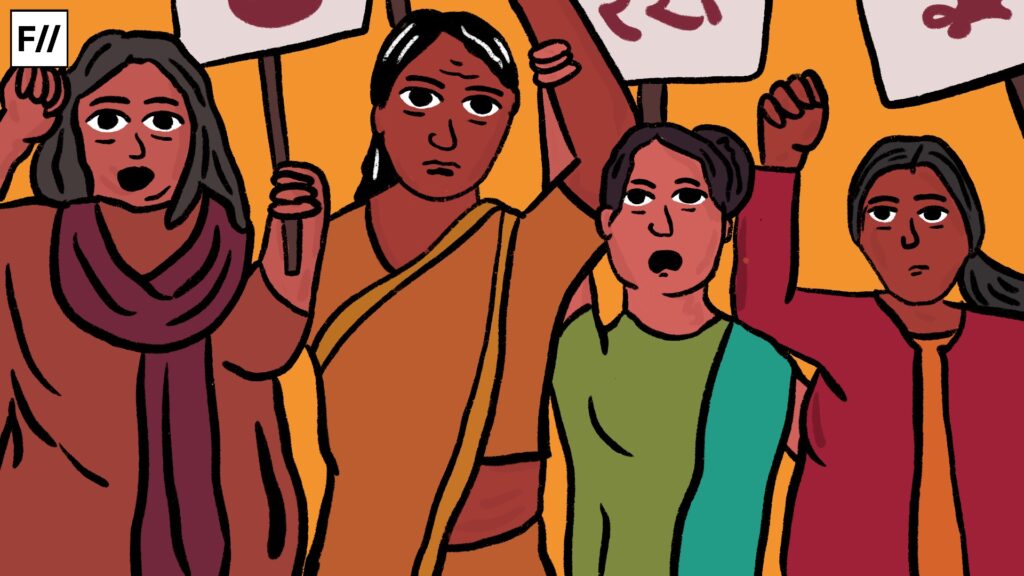
Sexist language and behaviour are based on negative stereotypes about women that are perpetuated by cultural norms and media representations. These stereotypes portray women as passive, weak, and emotional, while men are seen as active, strong, and rational. Such attitudes can lead to the objectification of women and contribute to a culture of victim-blaming, where women are held responsible for the abuse and discrimination they face.
The use of sexist language and behaviour by teachers like Khan Sir is a severe issue that has a profound impact on the psychology of young people who are studying under him. It reinforces harmful stereotypes and contributes to the normalisation of abuse against women. Additionally, it creates a hostile and demeaning environment for women, where they are seen as objects or inferior to men.
The use of sexist language and behaviour by teachers like Khan Sir is a severe issue that has a profound impact on the psychology of young people who are studying under him. It reinforces harmful stereotypes and contributes to the normalisation of abuse against women. Additionally, it creates a hostile and demeaning environment for women, where they are seen as objects or inferior to men. Such language reinforces harmful stereotypes about women, suggesting that they are less capable or less deserving of respect than men, leading to discrimination and exclusion in various areas of life.
To solve the problem of sexist language and behaviour by teachers like Khan Sir, we need a multi-pronged approach. Firstly, we need to challenge and confront sexist attitudes and behaviour to create a more just and equitable society. This can be achieved through education and awareness-raising campaigns that highlight the negative impact of sexism on women’s lives. Additionally, there needs to be greater legal protection for women’s rights, including laws that prohibit discrimination and harassment in all areas of life.
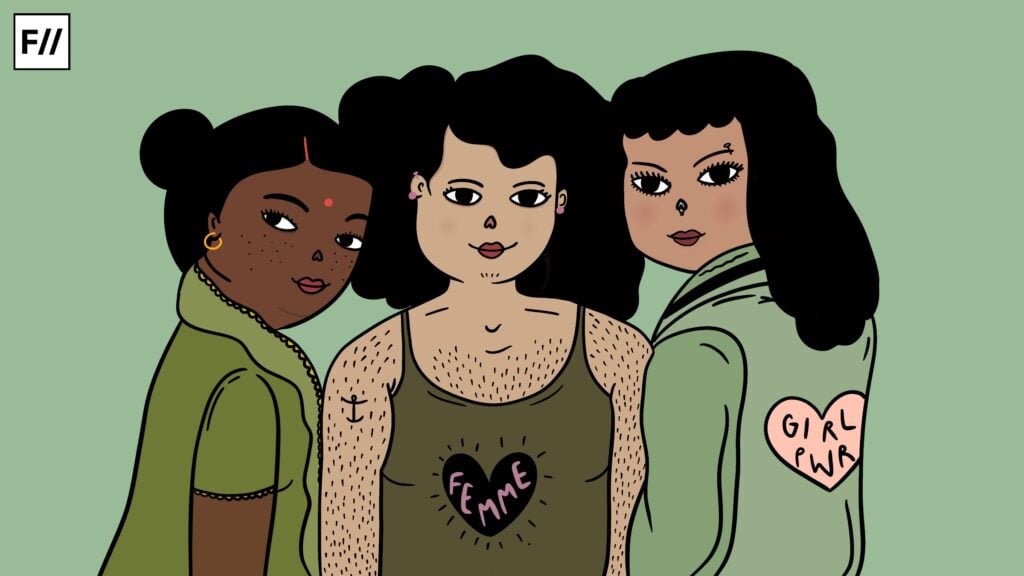
Secondly, teachers and other public figures who hold sexist attitudes and use sexist language must be held accountable for their actions. This can be done through social media campaigns that call out their behaviour and demand change, as well as through formal complaints to their institutions or regulatory bodies. In the case of Khan Sir, it is crucial that his followers and students speak out against his sexist language and demand that he stops perpetuating harmful stereotypes.
Furthermore, educational institutions should take a stronger stance against sexism and ensure that their teachers and staff are trained to recognise and prevent sexist behaviour. This can include workshops on gender sensitivity and inclusive language, as well as policies that explicitly prohibit sexist behaviour and language.
The thought, speech, and actions of elder people, such as parents, neighbours, and teachers, can have a significant impact on a child’s psychology. This impact can be both positive and negative and can shape the child’s beliefs, values, and attitudes throughout their life.
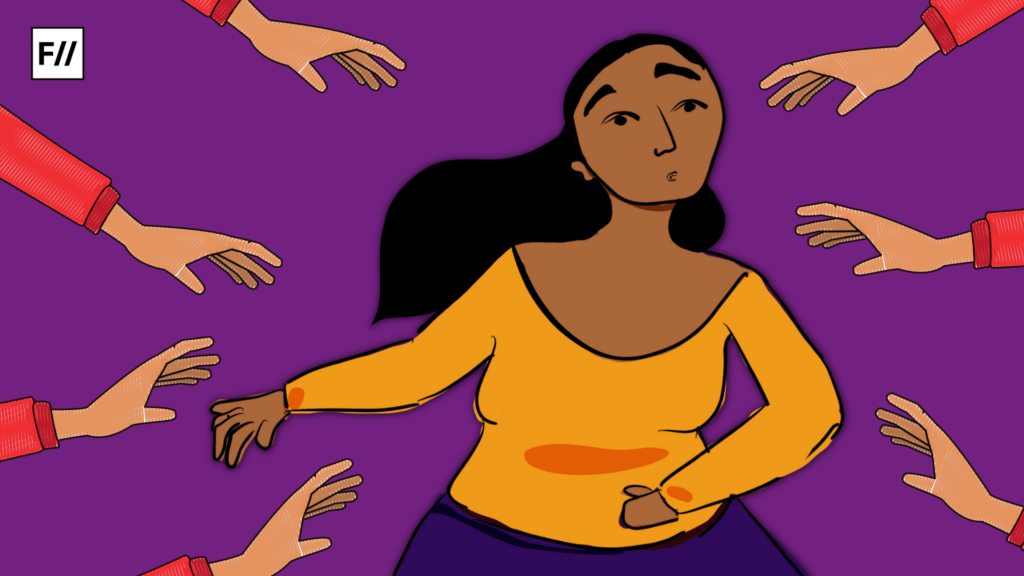
According to the social learning theory, children learn through observation and imitation of the behaviour of the people around them, particularly their parents and other authority figures. As such, the attitudes and behaviours exhibited by these individuals can have a profound impact on the child’s development.
One area in which the impact of elder people’s thoughts, speech, and actions is particularly significant is in the development of gender roles and stereotypes. Research has shown that children as young as 3 years old have already internalised gender stereotypes about what is appropriate behaviour for boys and girls, and these stereotypes can have lasting effects on their behaviour and attitudes.
For example, a study by Martin and Ruble, found that preschool-aged children who were exposed to gender-stereotyped activities and toys were more likely to have gender-stereotyped beliefs about what activities and occupations are appropriate for males and females.
For example, a study by Martin and Ruble found that preschool-aged children who were exposed to gender-stereotyped activities and toys were more likely to have gender-stereotyped beliefs about what activities and occupations are appropriate for males and females. Similarly, a study by Halim et al. found that children who were exposed to sexist humour were more likely to hold sexist beliefs and attitudes themselves.
In addition to gender roles, the attitudes and behaviours exhibited by elder people can also impact a child’s self-esteem, sense of identity, and overall mental health. Research has shown that children who grow up in environments that are supportive, nurturing, and positive have better outcomes in terms of academic achievement, social relationships, and overall well-being.
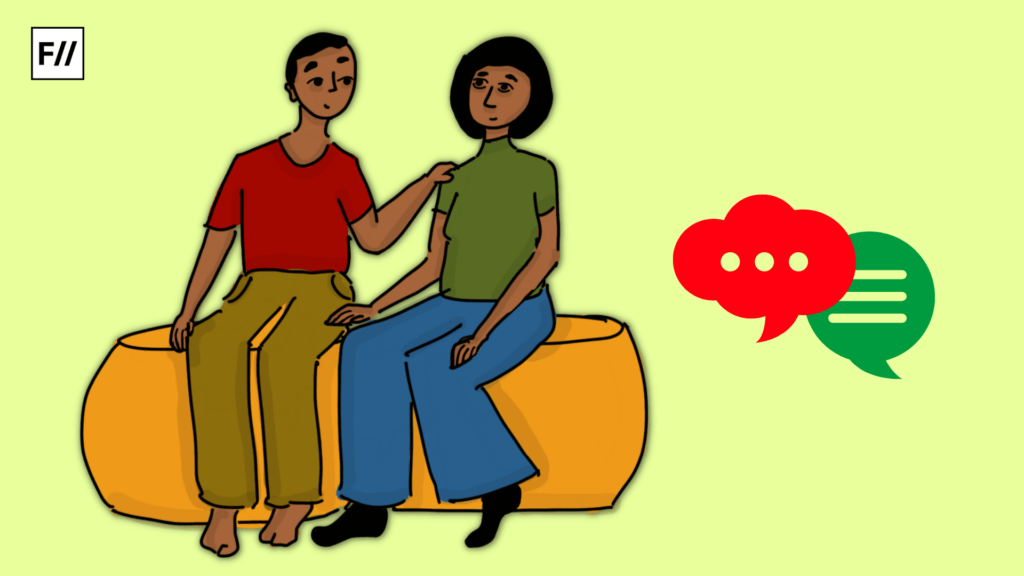
Conversely, children who are exposed to negative attitudes, criticism, and neglect are more likely to experience mental health problems, such as anxiety and depression.
In conclusion, the thought, speech, and actions of elder people can have a profound impact on a child’s psychology, shaping their beliefs, values, and attitudes throughout their life. It is, therefore, important for parents, teachers, and other authority figures to be mindful of the messages they are sending to children and to promote positive attitudes and behaviours that support the child’s healthy development. By challenging sexist language and behaviour and promoting gender equality, we can create a more just and equitable society for all.




